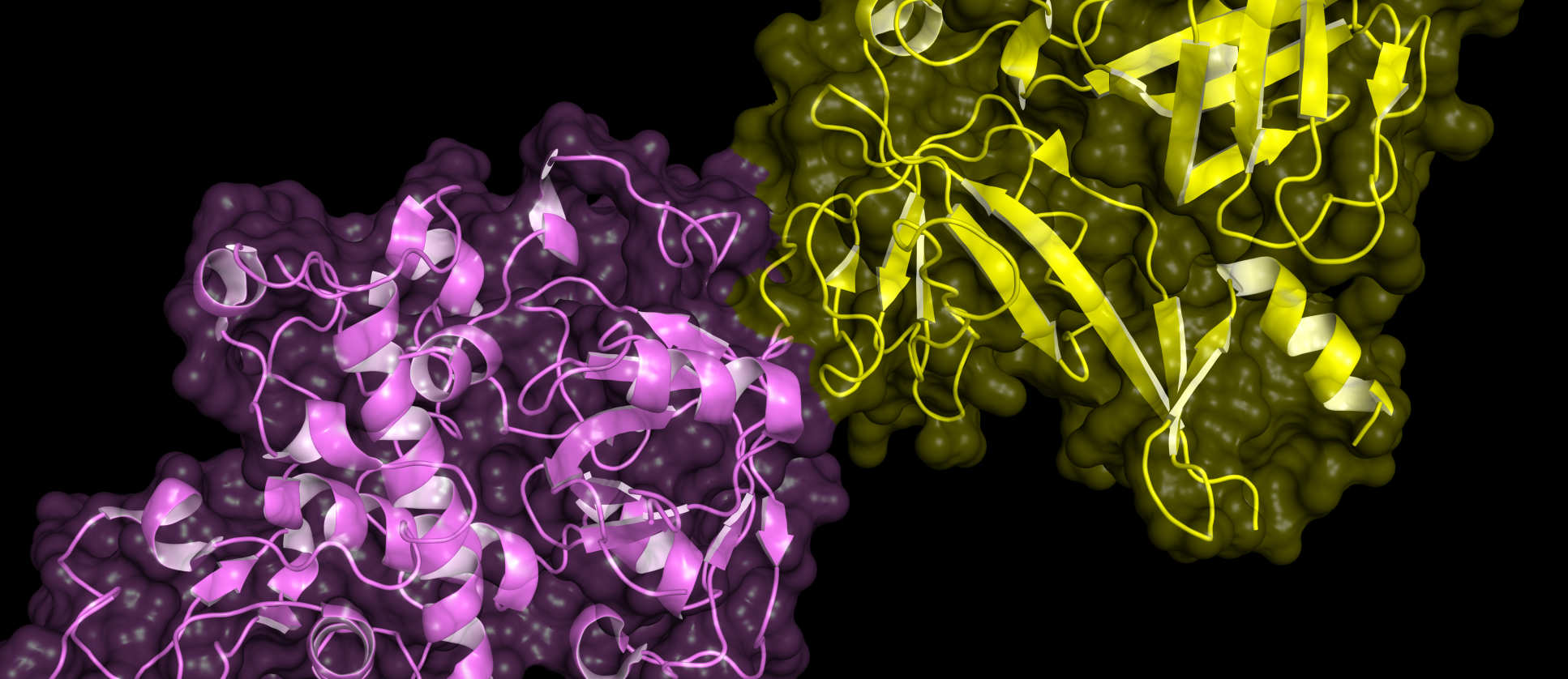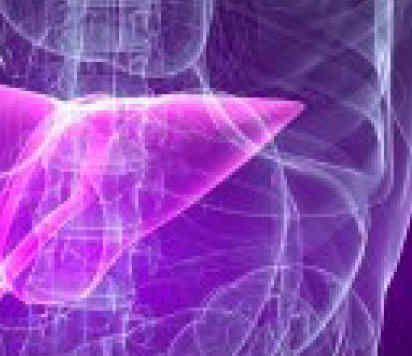
Contact
For more information on this area of research
Dr James Flanagan
+44 (0)20 7594 2127
j.flanagan@imperial.ac.uk
Epigenetics is an area of biology that describes the study of heritable changes in gene expression that does not involve changes in the DNA sequence. Epigenetic patterns define how each individual cell reads the genes to bring the phenotype into being. It plays a crucial role in early development and explains why different cells in the body, that have the same DNA, can differentiate into different cell types such as those in the liver, brain, lungs or heart.
Specific epigenetic modifications, including DNA methylation, histone modifications and non-coding RNAs, are key determinants of chromatin structure, genomic stability and gene expression. These modifications are maintained during cell division and when perturbed, also play a key role in cancer development. Importantly, epigenetic patterns are modifiable, whether through environmental exposures, through the carcinogenesis process itself, drug treatment or leading to drug resistance. In cancer research there is great hope that epigenetic patterns can be used as biomarkers for risk, early detection and prognosis and may be exploited for cancer therapy with novel drugs that target epigenetic mechanisms.
Aims
Work in the Division of Cancer aims to understand the epigenetics of cancer risk in breast and ovarian cancer, how epigenetic patterns may determine resistance to chemotherapy, such as platinum resistance in ovarian cancer or resistance to endocrine therapy in breast cancer. We are exploring how non-coding RNAs might be involved in carcinogenesis. Epigenomic biomarkers such as DNA methylation are being evaluated as stratification biomarkers for optimising surgery and molecularly targeted therapies. We aim to develop novel epigenetic therapies to treat cancer or overcome drug resistance. For example, we are exploring the potential of epigenetic therapies to treat pancreatic cancer or overcome resistance to chemotherapy in ovarian cancer.
Lead researchers and their groups
Professor Simak Ali
/prod01/channel_3/media/migration/faculty-of-medicine/Simak-Ali--tojpeg_1564586067140_x4.jpg)
Professor Simak Ali
Breast Cancer
Professor Charlotte Bevan
/prod01/channel_3/media/migration/faculty-of-medicine/Bevan--tojpeg_1458059766287_x4-1.jpg)
Professor Charlotte Bevan
Androgen Signalling and Prostate Cancer
Professor Robert Brown
/prod01/channel_3/media/migration/faculty-of-medicine/Robert-Brown--tojpeg_1564584994633_x4.jpg)
Professor Robert Brown
Epigenetics
Professor Laki Buluwela
/prod01/channel_3/media/migration/faculty-of-medicine/Laki--tojpeg_1468936063900_x4-1.jpg)
Professor Laki Buluwela
Breast Cancer
Professor Charles Coombes
/prod01/channel_3/media/migration/faculty-of-medicine/Charles-Coombes--tojpeg_1564585837800_x4.jpg)
Professor Charles Coombes
Breast Cancer
Dr James Flanagan
/prod01/channel_3/media/migration/faculty-of-medicine/James-Flanagan--tojpeg_1564585073193_x4.jpg)
Dr James Flanagan
Translational Epigenomics
Dr Fieke Froeling (Honorary CSL)
/prod01/channel_3/media/migration/faculty-of-medicine/Feke--tojpeg_1468936967148_x4.jpg)
Dr Fieke Froeling (Honorary CSL)
Pancreatic Cancer Epigenomics (Honorary CSL)
Dr Robert Kypta
/prod01/channel_3/media/migration/faculty-of-medicine/Rob-Kypta--tojpeg_1564585195535_x4.jpg)
Dr Robert Kypta
Signalling in Prostate Cancer
